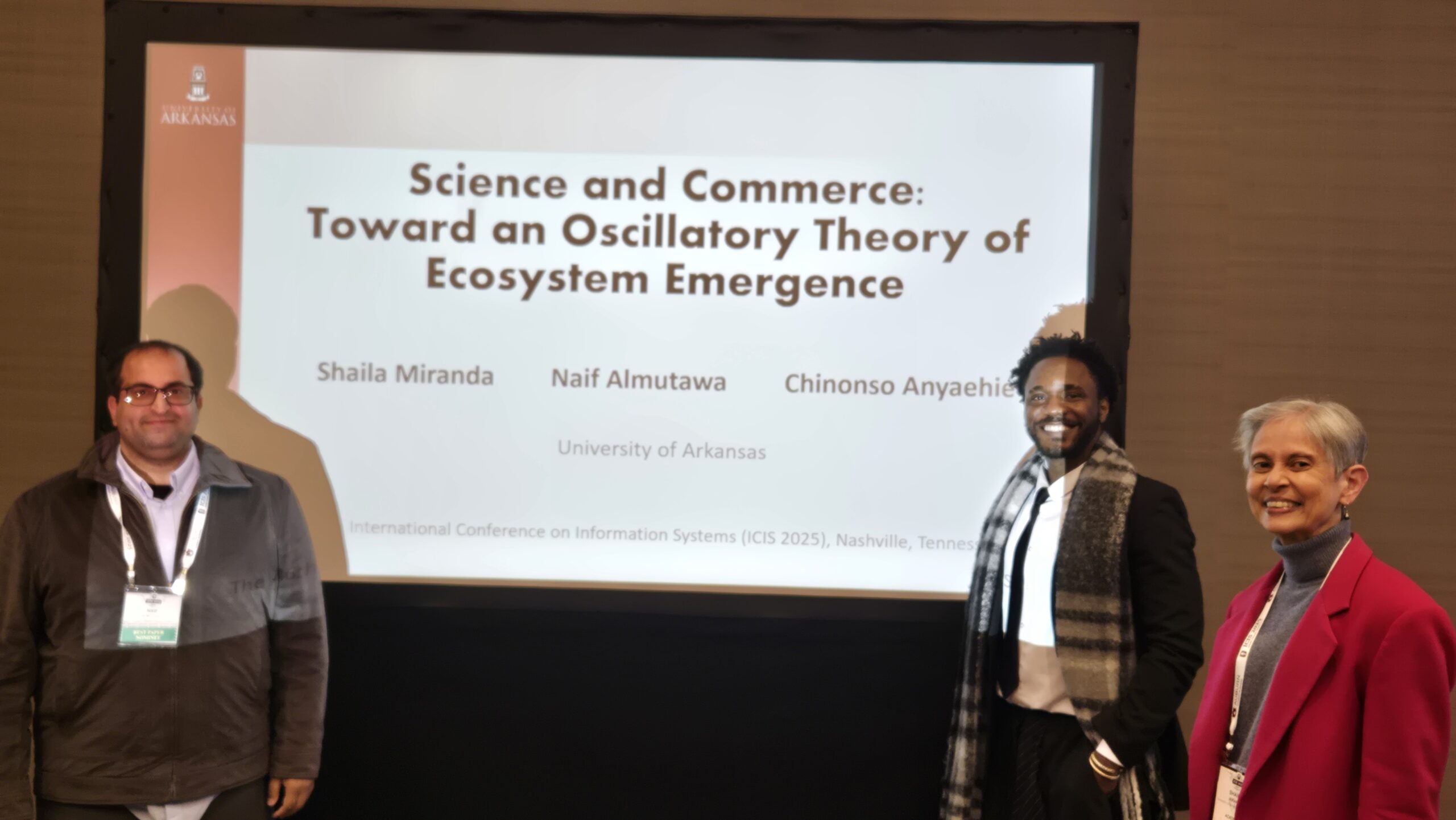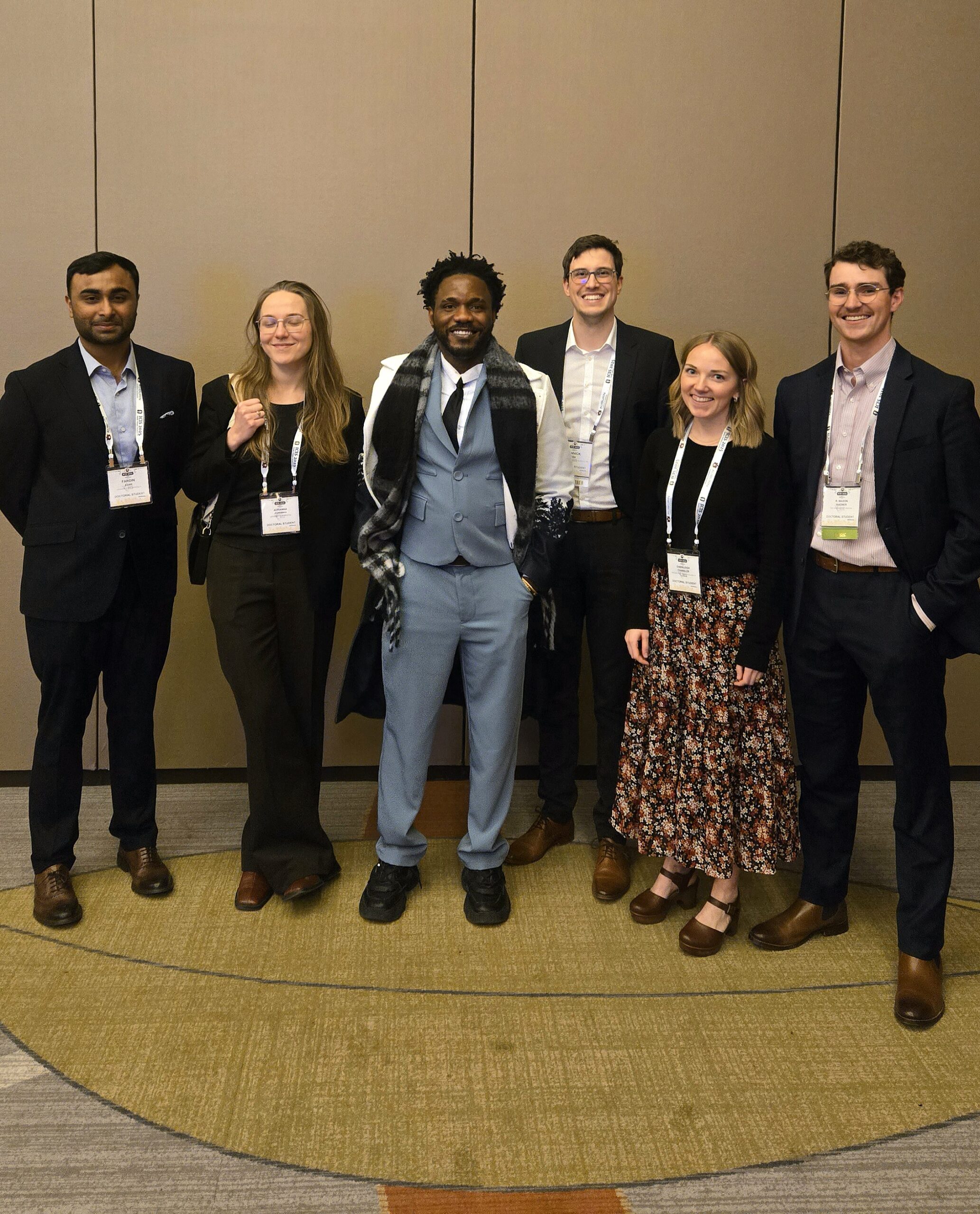Objectivity in Academic Writing
Definition: Writing that is based on facts, evidence, and research rather than personal feelings or opinions. It presents information in an unbiased, neutral way that allows readers to form their own conclusions.
- Key Strategies:
- ✅Remove personal pronouns
- ✅Eliminate emotional language
- ✅Support claims with evidence
- ✅Use data and research
- ✅Present multiple viewpoints
Examples (Poor → Better):
Personal Opinion:
❌”I believe schools should ban smartphones.”
✅”Research indicates that smartphone bans in schools correlate with improved academic performance (Smith, 2023).”
❌”I believe video games are ruining children’s minds.”
✅”Studies indicate that excessive gaming correlates with decreased academic performance among students aged 12-16 (Johnson, 2023).”
Emotional Language:
❌”The devastating impact of poverty is heartbreaking.”
✅”Poverty significantly affects educational outcomes, health metrics, and economic mobility (Johnson, 2022).”
Unsupported Claims:
❌ “Everyone knows exercise makes you healthier.”
✅ “Regular physical activity reduces cardiovascular disease risk by 30% (WHO, 2023).”
Multiple Examples in Context:
❌ “I think climate change is the biggest threat we face, and you can see how it’s destroying our planet. It’s terrifying how little we’re doing about it.”
✅ “Climate change presents significant global challenges, as evidenced by: Rising global temperatures (0.8°C increase since 1980). Increased frequency of extreme weather events. Measurable sea level rise of 3.3mm per year These measurements suggest urgent mitigation strategies are necessary.
Formal Language
Definition: Professional vocabulary and phrasing that is appropriate for academic or professional settings. It avoids casual expressions, slang, and conversational tone while maintaining clarity.
Key Strategies:
- Replace informal words with formal alternatives
- Avoid contractions
- Use precise terminology
- Maintain professional distance
- Eliminate slang and colloquialisms
- Word Replacement Examples:
Informal → Formal:
- “got” → “obtained”
- “lots of” → “numerous”
- “kind of” → “relatively”
- “thing” → “factor/element/aspect”
- “good” → “beneficial”
- “bad” → “detrimental”
- “big” → “significant”
- “small” → “minimal”
Complete Sentence Examples:
Informal → Formal:
❌ “Kids don’t like doing homework because it’s boring.”
✅ “Students demonstrate resistance to homework completion due to perceived lack of engagement.”
❌ “The experiment worked out great.”
✅ “The experiment yielded statistically significant results.”
❌ “Scientists are trying to figure out how to fix this problem.”
✅ “Researchers are investigating potential solutions to this challenge.”
❌ “The experiment was a total mess and didn’t work out.”
✅ “The experiment encountered several methodological challenges that affected the results.”
CLARITY AND CONCISENESS DEFINITION
Writing that expresses ideas in the most straightforward and efficient way possible, eliminating unnecessary words while maintaining complete meaning.
Key Principles:
- Remove redundant words
- Choose precise verbs
- Eliminate unnecessary modifiers
- Use direct constructions
- Avoid empty phrases
Let’s look at detailed examples for each:
REMOVING REDUNDANT WORDS
❌ Wordy: “In light of the fact that…”
✅ Clear: “Because…”
❌ Wordy: “During the course of…”
✅ Clear: “During…”
❌ Wordy: “Due to the fact that…”
✅ Clear: “Because…”
Extended Examples:
❌ “In light of the fact that many students are experiencing difficulties with regards to the completion of their assignments during the course of the semester…”
✅ “Many students struggle to complete assignments during the semester…”
Choosing Precise Verbs
❌ Weak: “The research made an examination of…”
✅ Strong: “The research examined…”
❌ Weak: “Scientists performed an analysis of…”
✅ Strong: “Scientists analyzed…”
Extended Examples:
❌ “The researchers conducted an investigation into the effects of caffeine consumption on student performance.”
✅ “The researchers investigated caffeine’s effects on student performance.”
Eliminating Unnecessary Modifiers
❌ Wordy: “very unique,” “really important,” “absolutely essential”
✅ Clear: “unique,” “important,” “essential”
Extended Examples:
❌ “The results of the study were really quite significantly important to the overall understanding of the basic fundamental principles.”
✅ “The results significantly advanced understanding of fundamental principles.”
- USING DIRECT CONSTRUCTIONS
❌ Indirect: “It is believed by researchers that…”
✅ Direct: “Researchers believe…”
❌ Indirect: “There are many students who think…”
✅ Direct: “Many students think…”
Extended Examples:
❌ “It has been shown through numerous studies that there are many factors that can have an impact on the way in which students learn in the classroom environment.”
✅ “Studies demonstrate that multiple factors influence classroom learning.”
- PRACTICAL PARAGRAPH REVISIONS
Example 1:
❌ “In the modern world of today, it is important to note that there are many different factors that can have an impact on the way in which students are able to learn and process information in the classroom environment, and it is believed by many researchers that these various different factors need to be taken into consideration when developing educational strategies.”
✅ “Multiple factors influence student learning in modern classrooms. Researchers emphasize considering these factors when developing educational strategies.”
Example 2:
❌ “Due to the fact that climate change is currently having a significant impact on various different aspects of our environment, it is absolutely essential that we make an attempt to implement various different strategies that can help to reduce our carbon footprint in order to protect the environment for future generations.”
✅ “Climate change significantly impacts the environment. Implementing carbon reduction strategies is essential for environmental preservation.”
COMMON PHRASES TO AVOID:
Instead of → Use:
- “The reason is because…” → “Because…”
- “In order to…” → “To…”
- “In the process of…” → “While…”
- “For the purpose of…” → “For…”
- “In regards to…” → “Regarding…”
- “In the event that…” → “If…”
PRACTICE EXERCISES:
Revise these sentences for clarity and conciseness:
- “It is important to note that in the modern world of today, there are many students who are experiencing difficulties with regards to the completion of their assignments.”
- “Due to the fact that many researchers have conducted studies that show that exercise has been proven to be beneficial to human health, it is recommended that people make an attempt to engage in physical activity on a regular basis.”
- “In light of the fact that technology is constantly in the process of evolving and changing, it is absolutely essential for businesses to make an attempt to keep up with new developments in order to remain competitive in the modern marketplace.”
Sample Revisions:
- “Many modern students struggle to complete assignments.”
- “Research demonstrates exercise benefits health; therefore, regular physical activity is recommended.”
- “As technology evolves, businesses must adapt to remain competitive.”
Key Questions for Self-Editing:
- Can I say this in fewer words?
- Is every word necessary?
- Am I repeating any ideas?
- Is there a simpler way to express this?
- Have I used the most precise words?
Would you like to try revising some sentences for practice? I can provide more examples or exercises focused on specific aspects of clarity and conciseness.










Leave a Reply